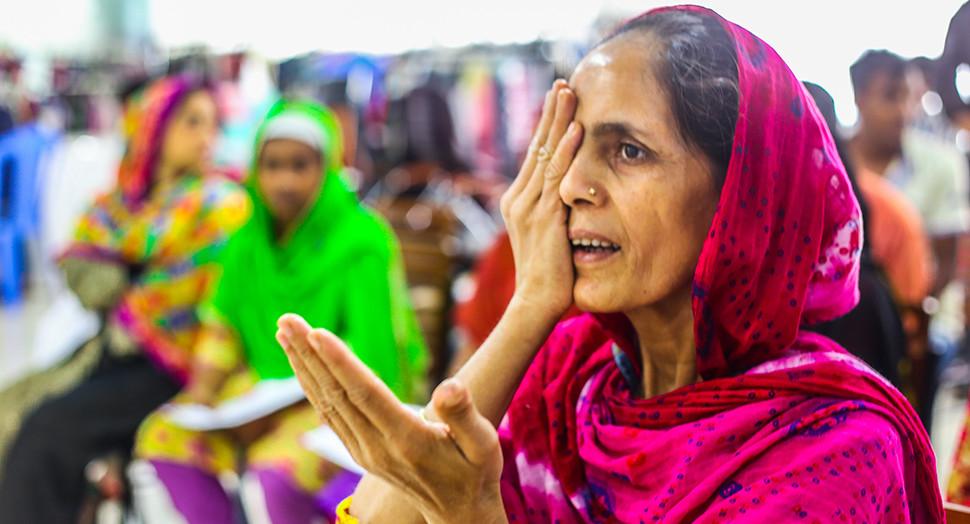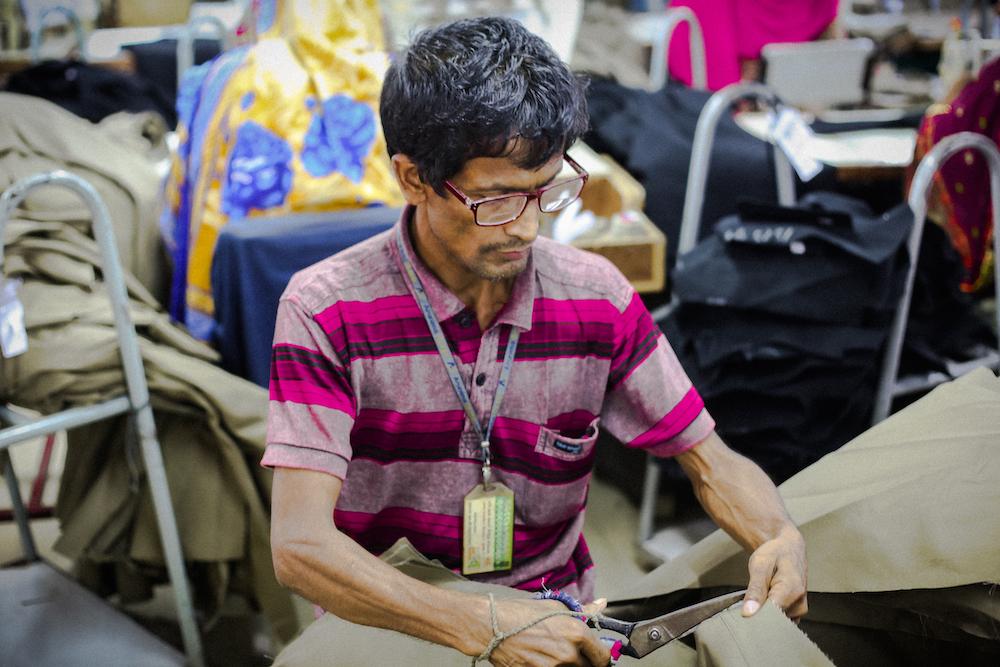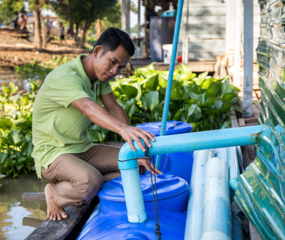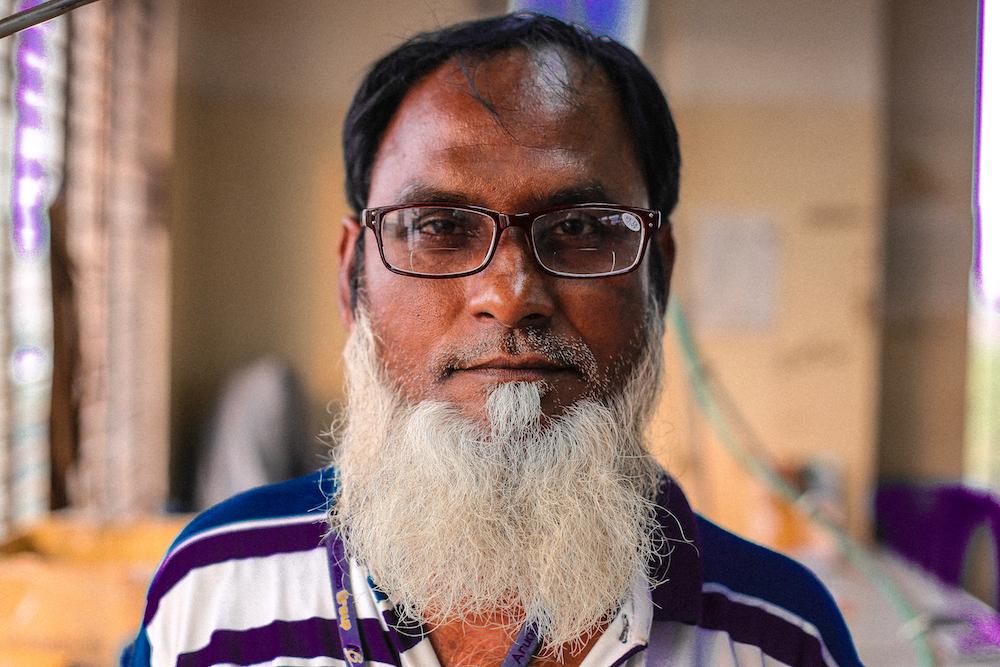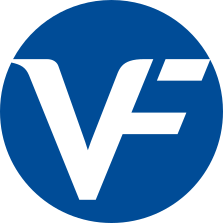VF Corporation Worker & Community Development Program Supports Workers Beyond the Factory Walls
VF’s extended supply chain supports the livelihood of more than six million people as part of the company’s commitment to enhance the ability of its workers to live their most fulfilling lives.
With nearly one million people making, moving or selling VF products every day via a complex supply chain spanning across 40 countries worldwide, that commitment is, well…ambitious. Especially when you consider that many workers are located in countries where the laws, regulations, standards and infrastructure needed to support safe and empowering working environments may not necessarily be in place.
That’s where VF’s innovative Worker and Community Development (WCD) initiative comes into play. Through WCD, VF is using its scale, influence and insight to help establish safe, stable working environments in factories producing VF’s products, while simultaneously improving the lives of those in local communities beyond its factory walls.
“We believe business can and should make people’s lives better. We leverage our business relationships to create a viable approach to sustainable development and corporate social responsibility in the communities where we operate,” explained Jazz Smith-Khaira, Senior Manager and creator of VF’s WCD. “If you have a workforce that struggles with consistent illness, childcare issues, or lacks the appropriate skills to do the work, ultimately, that’s not a sustainable workforce.”
Through the WCD initiative, VF identifies and addresses local issues in communities surrounding its key manufacturing zones with a focus on three key aspects: access to water and sanitation; adequate health and nutrition; affordable childcare and education.
The program focuses on providing workers with access to knowledge and an environment that enables them to consistently improve their lives and that of their communities long term. By working directly with workers to examine local needs and priorities, VF is able to create targeted interventions that truly support the local population in a way that also translates to improved satisfaction and productivity at work.
“We measure the effectiveness of WCD in a way that’s unique to our industry,” explains Smith-Khaira. “We carefully assess output, outcome and overall impact.”
Already positively impacting hundreds of thousands of lives, the WCD has worked with suppliers, strategic implementation partners, donors and other brands on programs in nine countries, including:
- Bangladesh: working with UNICEF on child rights and family-friendly workplaces, including childcare, maternity protection and breastfeeding.
- India: supporting women in factories who face stigma and lack of education around menstrual health by developing a new approach in partnership with Business for Social ResponsibilityTM
- China: partnering with the Center for Child Rights and Business to offer a migrant worker support program that includes summer school and training designed to bring families together through effective parenting.
- Bangladesh, India, Vietnam: collaborating with VisionSpring and the Global Development Alliance with USAID to provide eye screening and glasses to workers.
As the pandemic's shockwaves rippled through global supply chains, the program's importance became even more apparent. The WCD’s existing health, water, sanitation and hygiene interventions were able to pivot quickly at the onset of the pandemic to support COVID-19 mitigation efforts, including establishing safe distancing measures, hand washing training and recognition of symptoms.
In the wake of the economic impacts of the pandemic, support from programs like WCD are more important than ever as workers, communities and nations rebuild their lives and industries create more resilient global supply chains.
"Ultimately, our goal is to drive sustainable improvements in all factories and communities we source from directly. We're confident that with the right strategic partnerships, we'll be able to meet and exceed our goals to help our workers and the communities where we work," Smith-Khaira said. "We are already seeing positive impacts. When suppliers and the industry see these successes, we hope they too will expand investment in worker health and welfare."
The productivity case for WCD is compelling: when workers feel safe, healthy and protected, workplace environment leads to enhanced productivity. It's a virtuous cycle of shared value between business, workers and communities.

